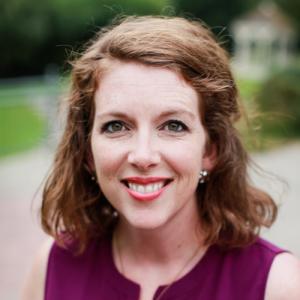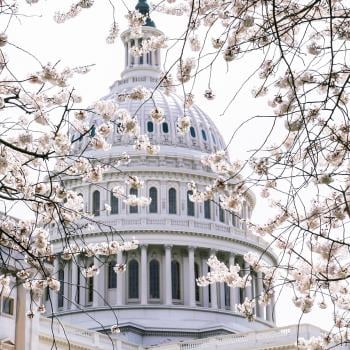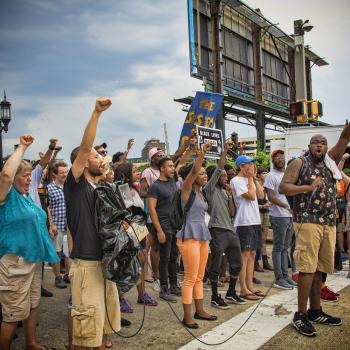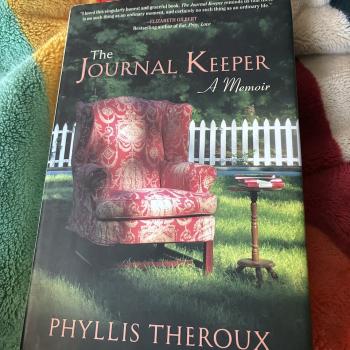The following book recently arrived in the mail:
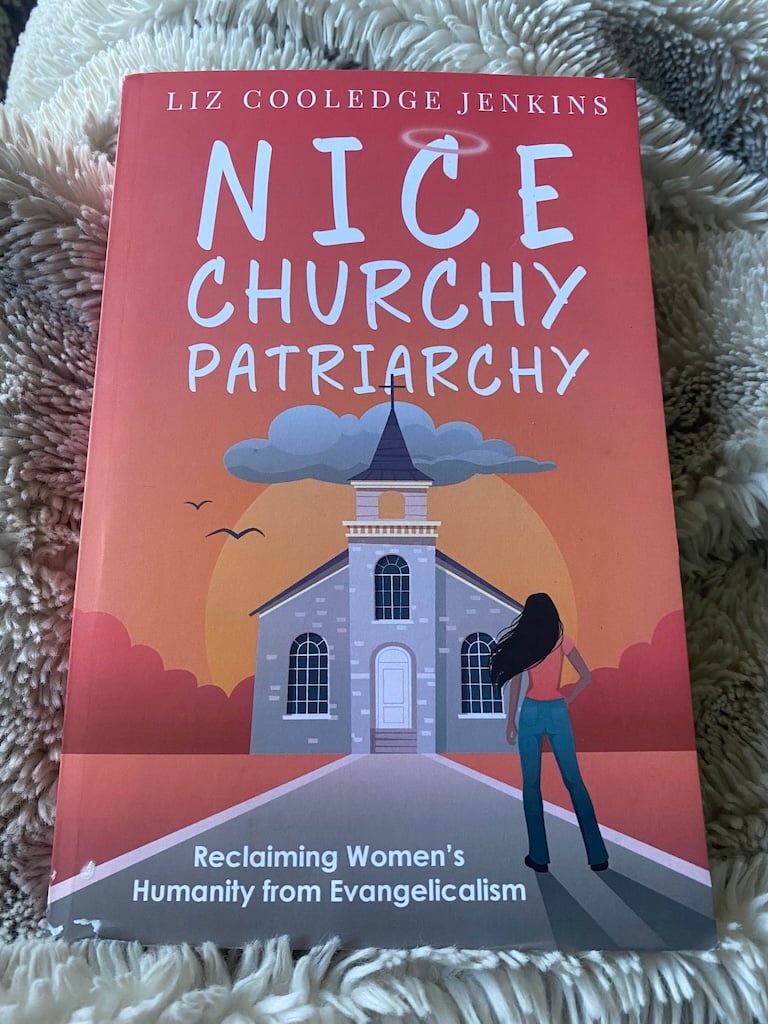
Author Liz Cooledge Jenkins is a writer, preacher, and former college campus minister — but what makes her story interesting is that she spent much of her young adult years in conservative, patriarchal spaces. Hence the title, Nice Churchy Patriarchy.
She writes the following in the introduction:
Over the many years of deep involvement in evangelical communities, I found myself gradually and painfully becoming aware that patriarchy — that is, all the ways men hold more power than women and are valued more highly — operates in these spaces like a many-headed monster. Everything about my relationship with evangelicalism was influenced by my gender as a woman, especially as a woman in ministry. As soon as I began to notice and put words to one form in which patriarchy took shape, I would start to become aware of another. And another. And another. In some ways my twenties felt like one big slo-mo tumbling freewill into the miry depths of churchy patriarchy and how it impacts women — and how it impacts everyone (2).
And over the next three hundred pages or so, she unpacks the truth of patriarchal systems found in conservative white evangelical spaces.
It’s a story I know well, even as I flitted in and out of different conservative evangelical churches in Oregon, Washington, and California for the better part of twenty years.
The irony, of course, is that I was raised in the American Baptist tradition — and American Baptists, if you don’t know, are wildly affirming of women. According to their website, “In 1985, the General Board of the American Baptist Churches USA, stated: “we affirm that for the church to be whole and effective in its witness, it must have both women and men of all races as full partners of its ministry” and “we affirm that the churches, as well as secular organizations, should offer employment opportunities for women and men with equal compensation, recognition and appreciation.”
The same year the general board made the statement also happened to be the same year we landed at an American Baptist church. Six years old at the time, this was the church that raised me. I sang in her children’s choir and attended her youth group; I stood on the rickety steps of her outdoor Christmas pageants and was baptized in her waters. And from the very beginning, I saw women in every stage and area of leadership.
Women were pastors and preachers, deacons and elders. Just as women served in the nursery, they also served in war-torn areas of the mission field; just as women led the charge in decorating the sanctuary for the holiday season, they also organized and drove money toward capital campaigns.
Yes, men were most present in the church as well (and, to be sure, always served as lead pastors when I was there). But women were not held back in any way; their dreams, our dreams, were held as sacred, as someday-realities in and with the God who called us beloved.
As I’ve written about before, it was in this same church that I was first asked if I’d ever want to be a pastor someday. In middle school at the time, I remember responding with a bit of horror at the thought — not because I didn’t believe God may have called me, but because I believed it the whole idea too nerdy and wholly uncool.
Surely I could do better with my life than become a pastor when I grew up.
Please note, reader: I worked in full-time ministry for nearly a decade in my late twenties and early thirties. Now, as a woman solidly enveloped in her forties, I am also a postulate for Holy Orders in the Episcopal Church — which, in layman’s terms, means that I might just become a priest, which is to say, a pastor, when I grow up.
But I digress.
Because even though this is the spiritual environment that raised me, by the time my junior or senior year of high school rolled around, I began exploring other church options.
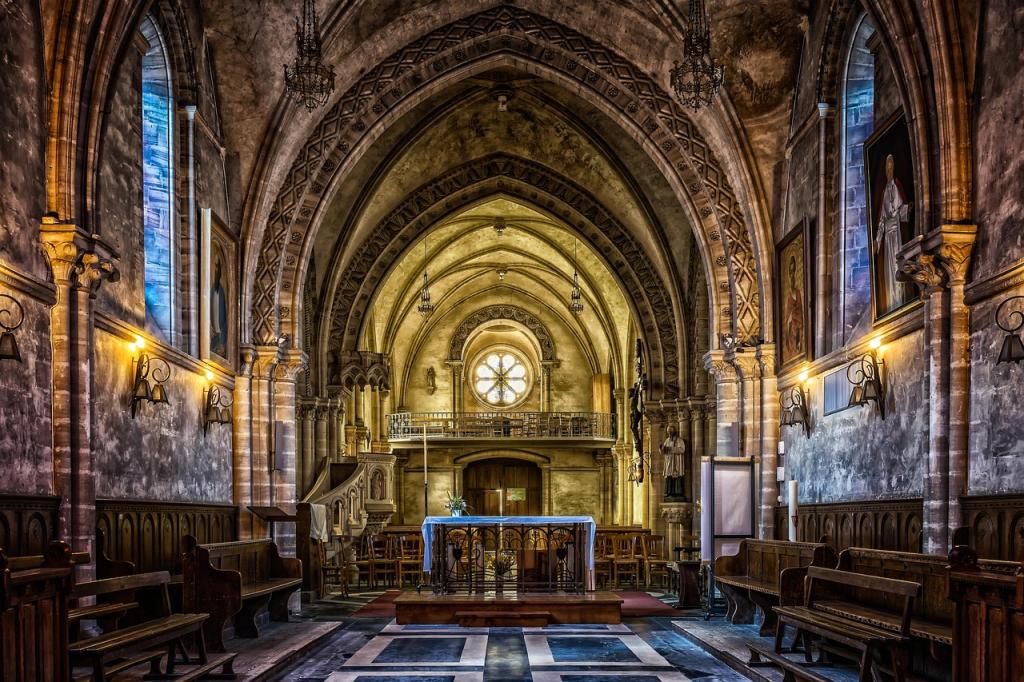
To me, the churches I began to attend made Jesus so much more attractive — which, in a sense, they did. They were bigger and glitzier, with more programs and options, with funnier sermons and more updated worship songs.
No part of me embraced these churches because of their deeply held theological beliefs (including beliefs that embraced women in every level of ministry, and later, for some of these congregations on issues of LGBTQ+ inclusion). Instead, I went where I perceived it cool to go, where God seemed most alive to my young self.
But none of the churches that I then attended over the next two decades embraced women in the same way that the church of my childhood had. Sure, I noticed when women weren’t preaching or weren’t invited to certain meetings; when the only roles for people like me had more to do with volunteering with children or with other women than they did serving the entire church population — but because I had deemed God most in those places, I gulped it down.
Which is to say that I swallowed a bunch of nice churchy patriarchy until I couldn’t anymore.
When I stopped calling myself a visitor to Episcopal spaces and actually embraced that this was where I was meant to be, I suppose you could say it felt like somewhat of a homecoming.
No longer did I need to fight for a seat at the table, but the seat was mine for the taking. No longer did I have to prove my worth as the “best girl speaker” (a reference I talk about in my next book, Church Camp), but I was simply seen as a voice piece for God, start and end of story.
Systems designed to give men more power and value men more highly had become a thing of the past.
And that, I’d say, is a good thing on this journey of faith.


